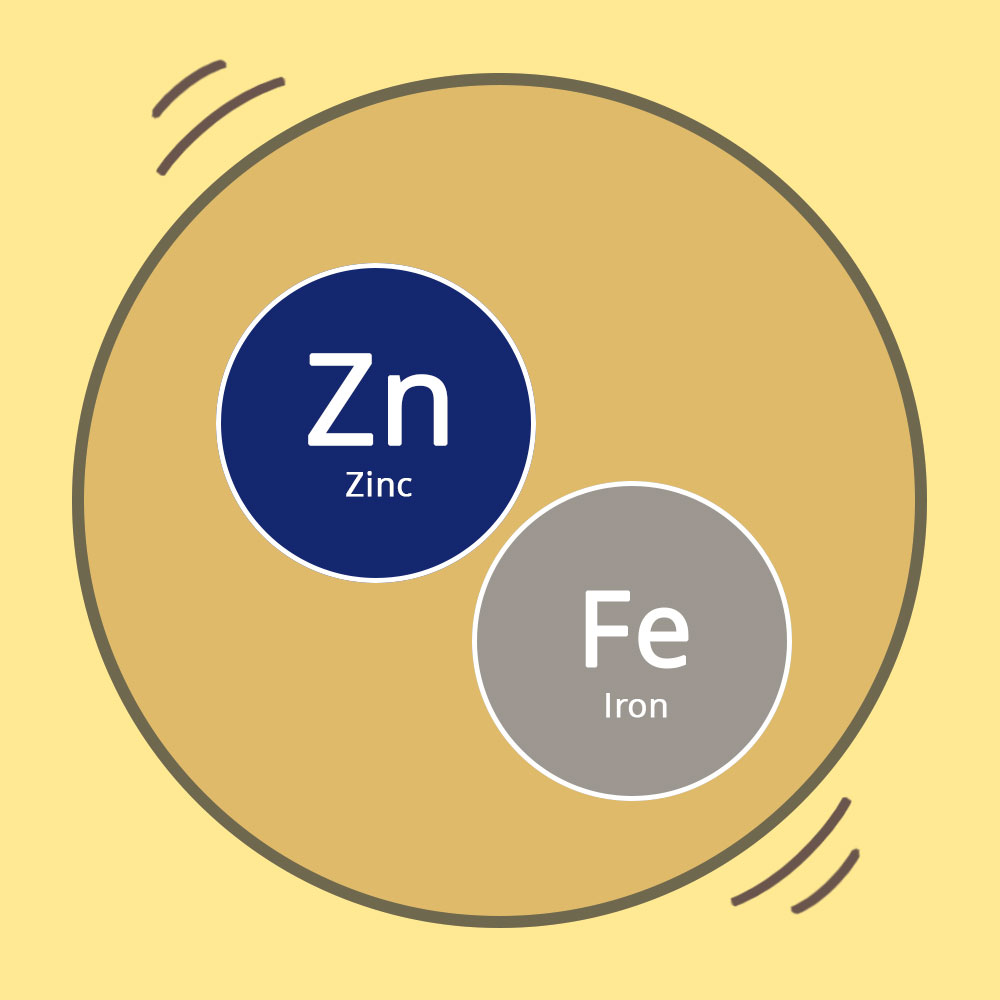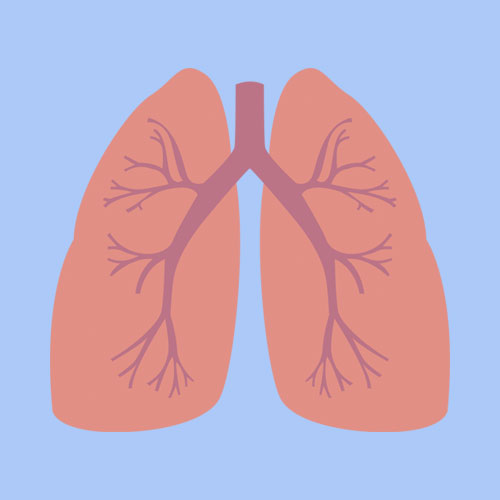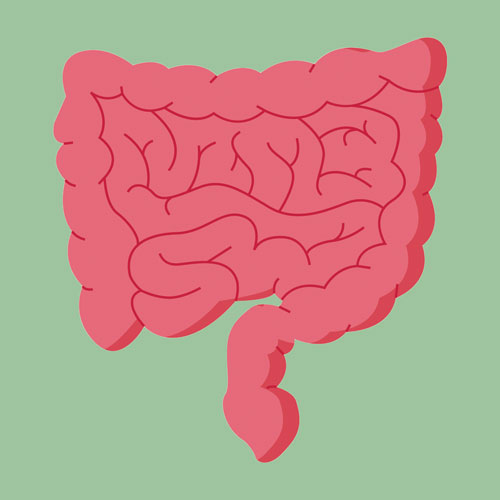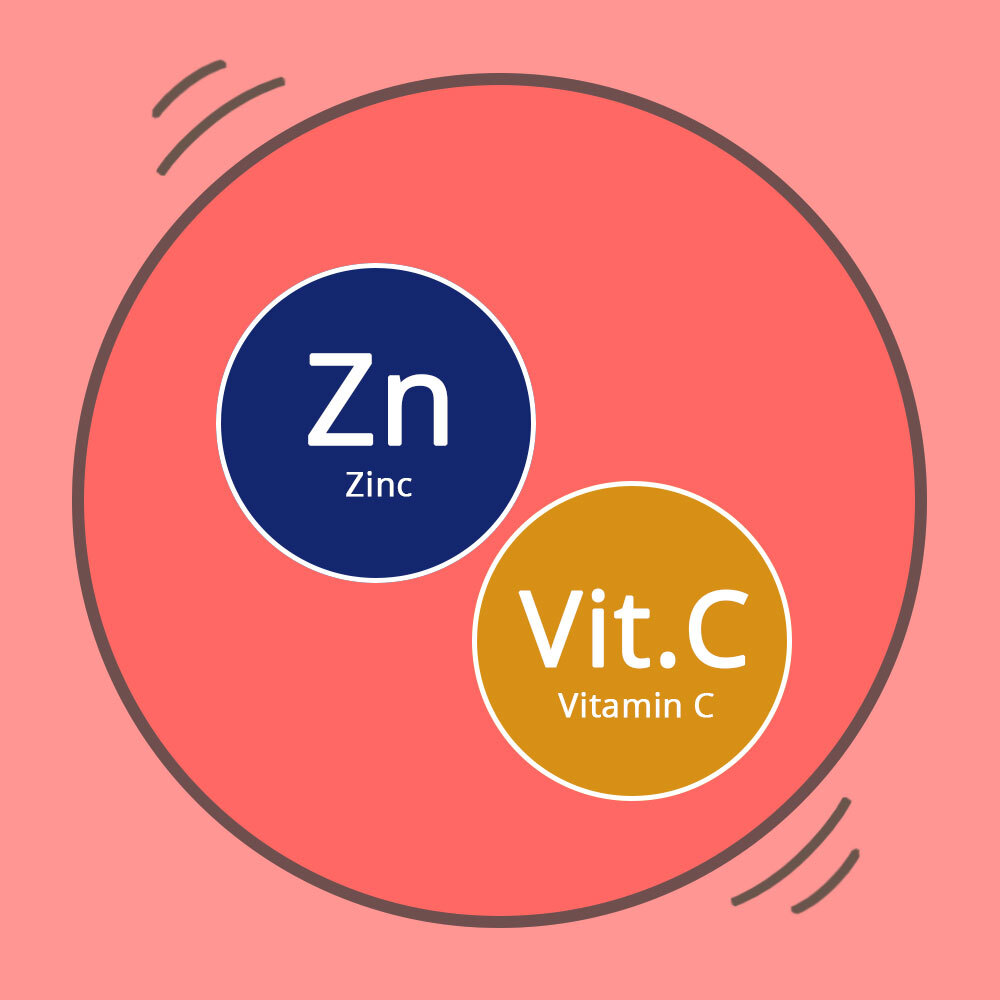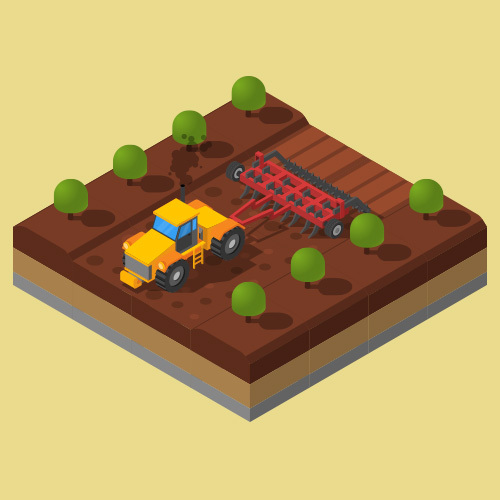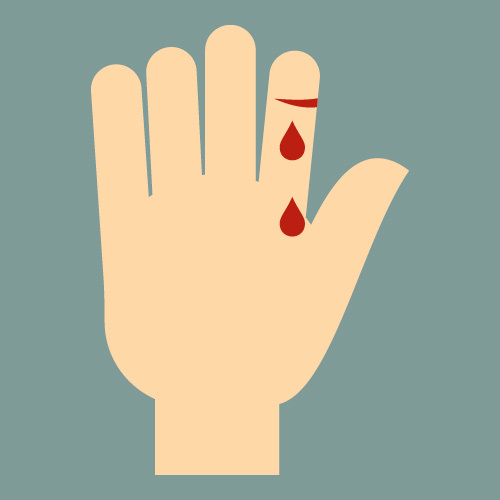Zinc: It's helping your children grow

Questions answered in this article:
There are so many things for parents to consider when raising strong and healthy children. With school, extracurricular activities, and all the obligations in between, nutrition can easily drop to the bottom of the priority list. During early growth and development, your child's nutritional status becomes even more vital. For example, the mineral zinc is particularly important for children. It plays a role specifically in the development of the immune, nervous, and reproductive systems. A zinc deficiency during this critical period can interfere with multiple organ systems down the line. Preventing this deficiency is key – adding more zinc into your child's diet is an easy strategy to ensure their healthy growth and development.
The importance of zinc for children
Supports development of reproductive organs
Puberty, love it or hate it, is one of the most notable periods of growth in children. Did you know that all children are born with their reproductive system already in place? It's only when puberty occurs that the organs develop to full maturity.
For males, puberty means the testes develop and start to produce the primary male sex hormone known as testosterone. Zinc plays a major role in the development of the testes. In fact, low levels of zinc have been shown to negatively impact the testes and reduce their ability to produce testosterone. It may not be a concern at this early stage, but insufficient levels of testosterone can lead to lowered sperm production and infertility down the road.
Zinc is also essential for normal development of the female reproductive system. After the ovaries develop, menstruation begins and an egg is released each cycle for potential fertilization. Zinc's anti-inflammatory and antioxidant properties protect the eggs and ovaries from free radicals and oxidation. As a result, ovulation and periods become more regular – a sign of healthy hormonal function.
Improves learning
If your child has a difficult time concentrating in school, it may have to do with their zinc status. Zinc is vital for brain development and neurological behaviour. Each brain cell relies on zinc to send signals to one another. Whether it be learning new vocabulary or solving math problems, children are constantly needing to build new brain cell signal pathways. A deficiency in zinc can show up as having a short attention span, difficulty with short-term memory, poor motor development or negative emotional behaviour. Children who supplement with zinc have been shown to have an improvement in all these areas.
Strengthens the immune system
Children are particularly sensitive to viral and bacterial illnesses, and that's not a bad thing. With each cold or flu, the immune system continues to develop and get stronger. As immune cells detect pathogens, they learn to recognize these foreign invaders and strengthen the immune system. One of the main fighters against pathogens, natural killer (NK) cells, are produced in the presence of zinc. Even a mild deficiency in zinc may decrease NK cell activity and lengthen the duration of illness.
Encourages growth
If you're looking for a nutrient to stimulate height growth, zinc is a smart choice. It is one of the few supplements that has shown a positive impact on school-aged children's linear growth and weight gain. One study showed that a dose of 10 mg of zinc per day for 24 weeks led to an increase in height compared to those who did not receive supplementation. Zinc plays an important role in cell development and replication, so a deficiency can restrict growth.
Providing zinc through a well-balanced diet
Without sufficient zinc, children's growth potential can be compromised, leading to decreased immunity and cognitive function. Zinc is more bioavailable in animal-based foods, so if your child is vegetarian or vegan, they may require extra supplementation to ensure zinc needs are met.
Kid-friendly ideas for zinc-rich foods
- Grass-fed beef: spaghetti and meatballs
- Organic eggs: scrambled eggs
- Dark chicken meat: homemade chicken fingers
- Chickpeas: pita and hummus
- Pumpkin seeds: seed-filled chocolate bark
- Lentils: pasta made from lentils instead of wheat
What is the right zinc dosage for my child?
If you are concerned about your child's dietary zinc consumption, you may consider strategic supplementation. The recommended daily amount as per Health Canada is 8 mg for children between the ages of 9-13, with an upper limit of 23 mg.
For a kid-friendly version of our popular Zinc Bis-Glycinate 25, try our chewable Zinc 20 Immune + Vitamin C. It is safe for children over age 9, and features pure vitamin C to support immunity and wound healing. Both tablet and capsule formats are available. This formula can be shared among the family and taken by adults as well – simply double the dose.


